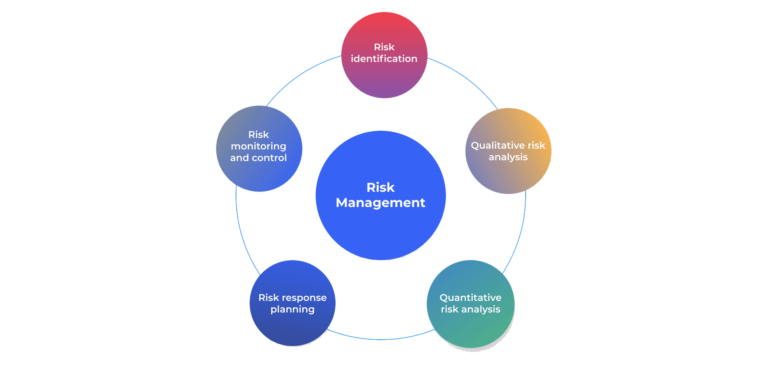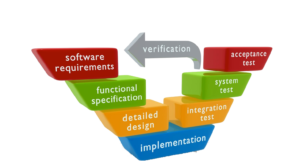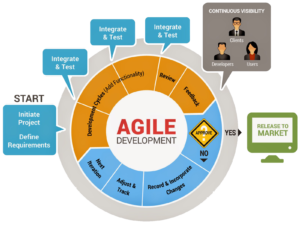
Software Development through Business Analysis
In the realm of software development, business analysis plays a critical role. It acts as a point of contact for stakeholders and the development team, ensuring that the end product meets user and business requirements. Let’s now investigate how business analysis improves software development.
Using business analysis, ascertain, assess, and document the exact demands of the firm. This process requires an understanding of the objectives, protocols, and requirements of the business. Making sure the software developed is under the real business demands, reduces the likelihood of generating a solution that does not accomplish the desired outcomes.


Business analysis accurately specifies the software project’s scope. This means outlining the inclusions and exclusions of the project. By concentrating on delivering the essential features and functions and clearly defining the scope, the development team can prevent scope creep and project delays.
Business analysis’s job is to help the development team and stakeholders communicate with one another. Ensuring that everyone involved in the project agrees with the requirements, lessens the chance of miscommunication and misinterpretation. Effective communication leads to a more efficient growth process.


Thorough business analysis can help identify potential hazards early in the project lifecycle. Proactive risk management enables the team to identify and mitigate issues before they worsen, leading to a more stable and predictable development process.
Business analysis is useful in developing a solution that satisfies the stated business needs. To ensure the end product fits with the business goals, it involves creating detailed functional and non-functional requirements that serve as a roadmap for the development team.


Business analysis facilitates validation and verification by allowing a comparison between the developed software and the original requirements. This process reduces rework and raises customer satisfaction by ensuring that the delivered product meets the necessary criteria.
To summarize, improving the software development lifecycle requires business analysis. By offering a thorough understanding of business requirements, encouraging effective communication, lowering risks, and ensuring alignment with business objectives, it significantly contributes to the successful completion of software projects. A development lifecycle that considers business analysis as an essential element leads to better quality, less rework, and ultimately more satisfied customers.

